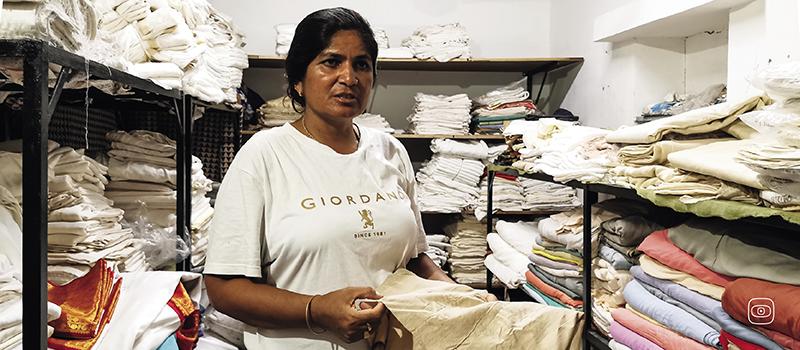The logistics sector represents a silent, insidious form of exploitation, that goes uncovered, unlike the one in southern Italy, where laborers pick fruits and vegetables for a few euros an hour. Everything appeared regular on the surface - esidence permits and contracts - but a system of bribes, blackmail, threats, and violence forced victims to accept dire conditions, fearing retaliation against them and their families in India.
We interviewed workers, their families, investigative sources, trade unionists, and activists. Many workers who initially promised to help with the investigation later recanted. Some stopped responding to phone calls and messages, and almost all who agreed to in-person interviews asked to remain anonymous.
The collected material reveals a systemic problem not limited to one case. It exploits flaws in Italian migration laws (particularly the so-called Decreto flussi) and the logistics sector, potentially involving thousands of migrants.
Logistics, pivotal in the global economy owing to globalization and e-commerce, generates an estimated 80 billion euros annually in Italy alone.
Since 2003, it has heavily relied on contracting and subcontracting, a practice endorsed by major retail chains and the logistics companies they engage. This is justified under the guise of flexibility, allowing for labor expansion without the commitment of permanent employment. However, the underlying motivation is cost savings.
Recent investigations by Milan prosecutors into two French state-owned logistics giants point to illegal practices of using contracts and subcontracts to circumvent direct hiring obligations, thus reducing taxes and contributions. Investigators argue that these practices reflect a deliberate business strategy rather than isolated incidents.
📸 Photo credit: Rosita Rijtano & Varsha Torgalkar






